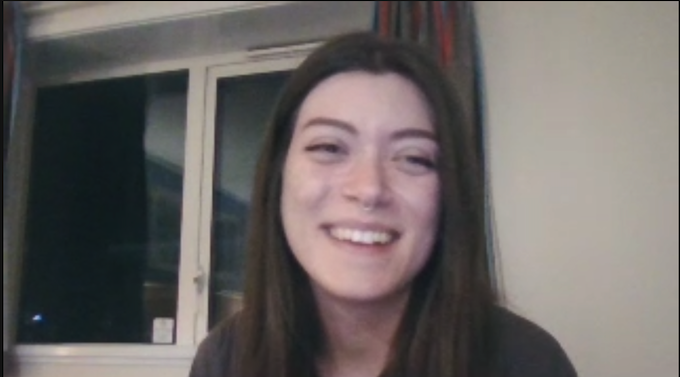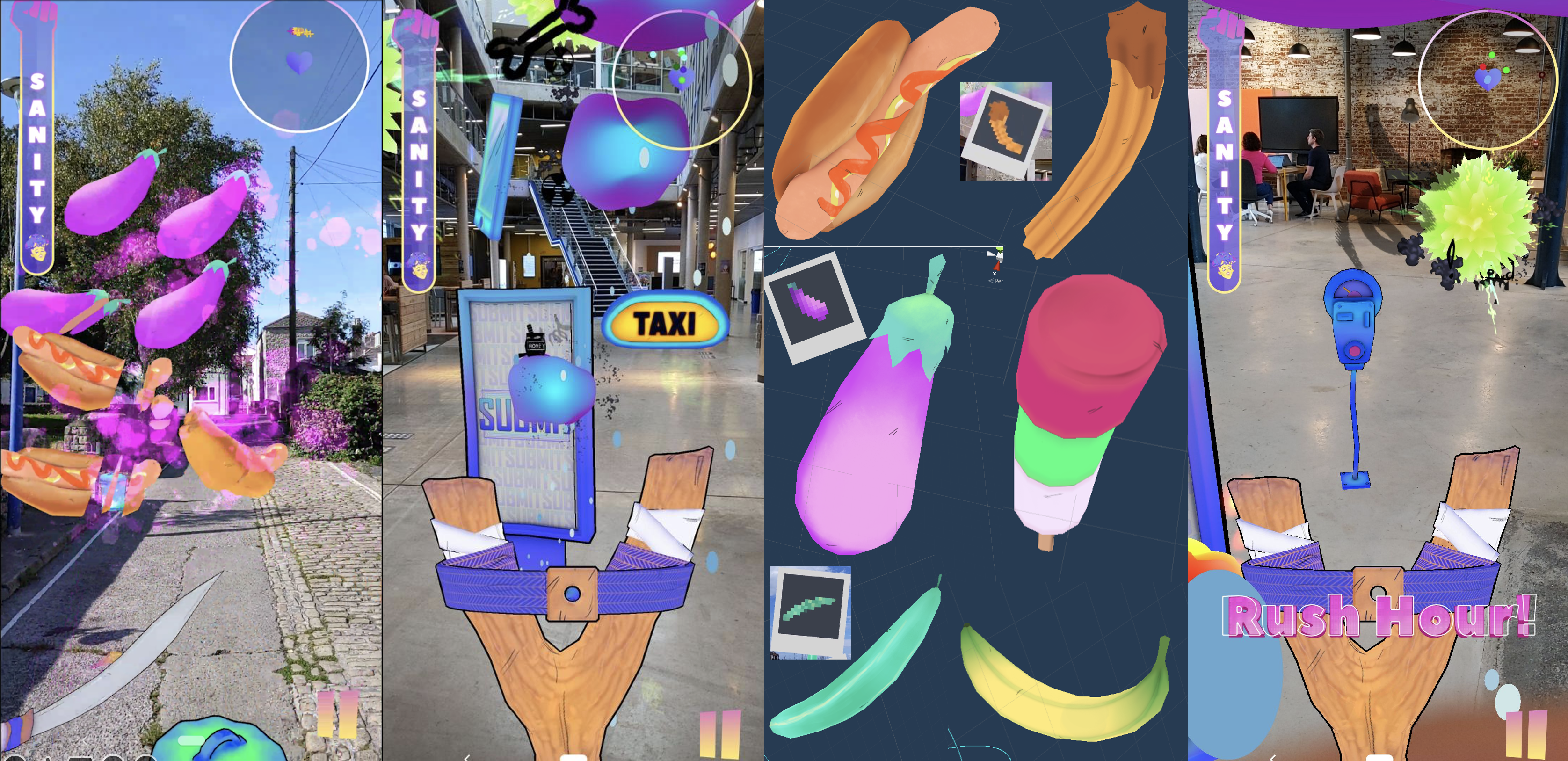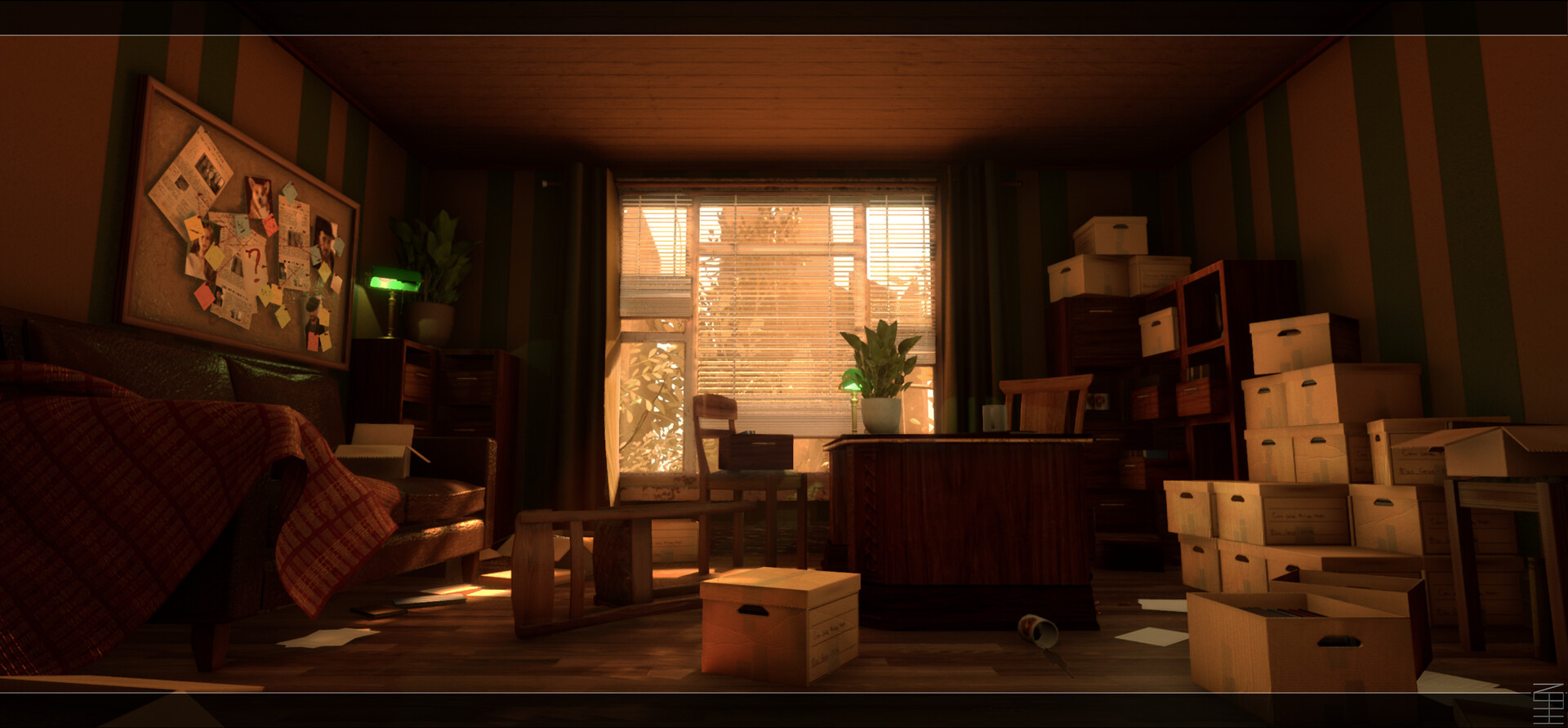Posted on: 7 Jun 22
Nethi shares her 5 tips to help you break into the games industry as an artist
5 tips to help you break into the games industry as an artist
Nethi graduated with a Games Art degree from Falmouth University and a year later successfully defended her research thesis on ‘Video Game Graphics and Players’ Perception of Subjective Realism’ at Bournemouth University. This made her grandma and grandpa very happy.
Between her degrees she worked with the team at Story Juice as a freelance artist on The Glass Ceiling Games (her first paid games industry job). Working with the team gave her new art skills and helped her improve her portfolio, which later led to landing a dream staff job as a video game artist at Fireproof Studios.
Here she shares her 5 tips for breaking into the industry as an artist:

If you are reading this post it’s likely that you have exhausted the search bar, trying to find tips on how to land your first job in the industry. While studios are different in terms of what they look for in an applicant, this is what worked for me, so I hope my experience can be helpful. I'll try to keep this short and concise, so, let’s get to it.
1. Collaboration experience
In the industry, be it freelance or in-house, you will need to be able to collaborate with others. If you can afford it, game jams and free gigs can be a good way to hone those skills. Fast-paced environments will highlight strengths and areas you are less efficient in. Make sure you know your worth, and pick out projects that seem like they’ll be worth your while.
2. Social Media presence
In my experience, online presence is not a must, but it does help build friendships and get your work noticed. LinkedIn has been the most useful one for me. There you can find people and work. Twitter on the other hand can be a great way to casually meet other creators.
You can also use social media to get feedback or learn from other artists. Join Discord servers and post your work on forums and you'll see the improvement in no time.
Oh, and please, please be nice to others – both in the industry and those trying to break in, it will pay off big time.

3. A strong Portfolio and CV
Make your Portfolio and CV easy to read and view.
Portfolio:
Don’t be scared if you only have a couple of projects if they show your best work and your ability to create elaborate art. Try to focus on the detail and your style rather than the number of pieces. A few perspective shots, along with your texture maps or shaders/material nodes will be fine. Frame them tidily on a grey background (if they are props) and include poly counts. Briefly describe your work and explain how you made it. Artstation is great for this (see Nethi's Artstation here).
Challenge yourself, push your work outside of your comfort zone and allow yourself time to research and learn. Save tutorials and references on your way and revisit them.
CV and covering letter:
Employers need to know about your background and experience.
If you are applying to a bigger company, it is very likely artists won’t see your portfolio unless recruiters see that it fits the job description, so try and tailor your application to it. Anything creative that you make is beneficial to your skillset, so feel free to talk about it in interviews or mention it in your cover letter.
4. Approaching art tests
Art tests can be terrifying but approach them the way you would approach your portfolio. Give yourself breaks and get sleep. The work you provide at the end will be 100 times better than what you’ll end up with if you don’t rest and eat. Make sure you drink lots of liquids too, coffee is precious, but does not count!
Do follow up if you don’t hear anything, even if they reject you, they might give you feedback. If they don’t come back, move on and don’t think too hard about it!

5. Look after your mental health
Speaking of overthinking, your mental health is important.
Spending long periods of time on anything can become stressful, so learn to be easy on yourself. If something doesn’t work, leave it for a bit, and come back to it with a fresh mindset. Please trust me on this one.
Taking time to learn something, not understanding how something works or not getting the job does not make you a bad artist. Sometimes companies will have thousands of applicants and not getting the job might be because of different reasons. If it feels like no one is hiring just keep working on your CV and portfolio until you see listings.
Final thoughts
Thank you for taking the time to read. Take this post with a pinch of salt as this is what has worked for me and my friends, you will find the things that work for you too, so don’t get discouraged. See you in the industry!
Nethi's Socials:
Artstation: https://www.artstation.com/nethi
Linkedin: https://uk.linkedin.com/in/viktoria-nestorova
Twitter: https://twitter.com/vn_nethi